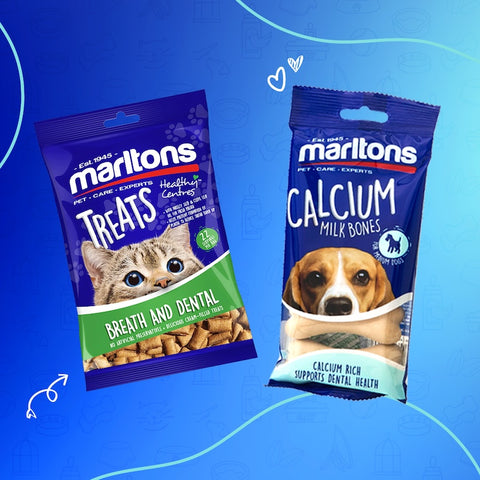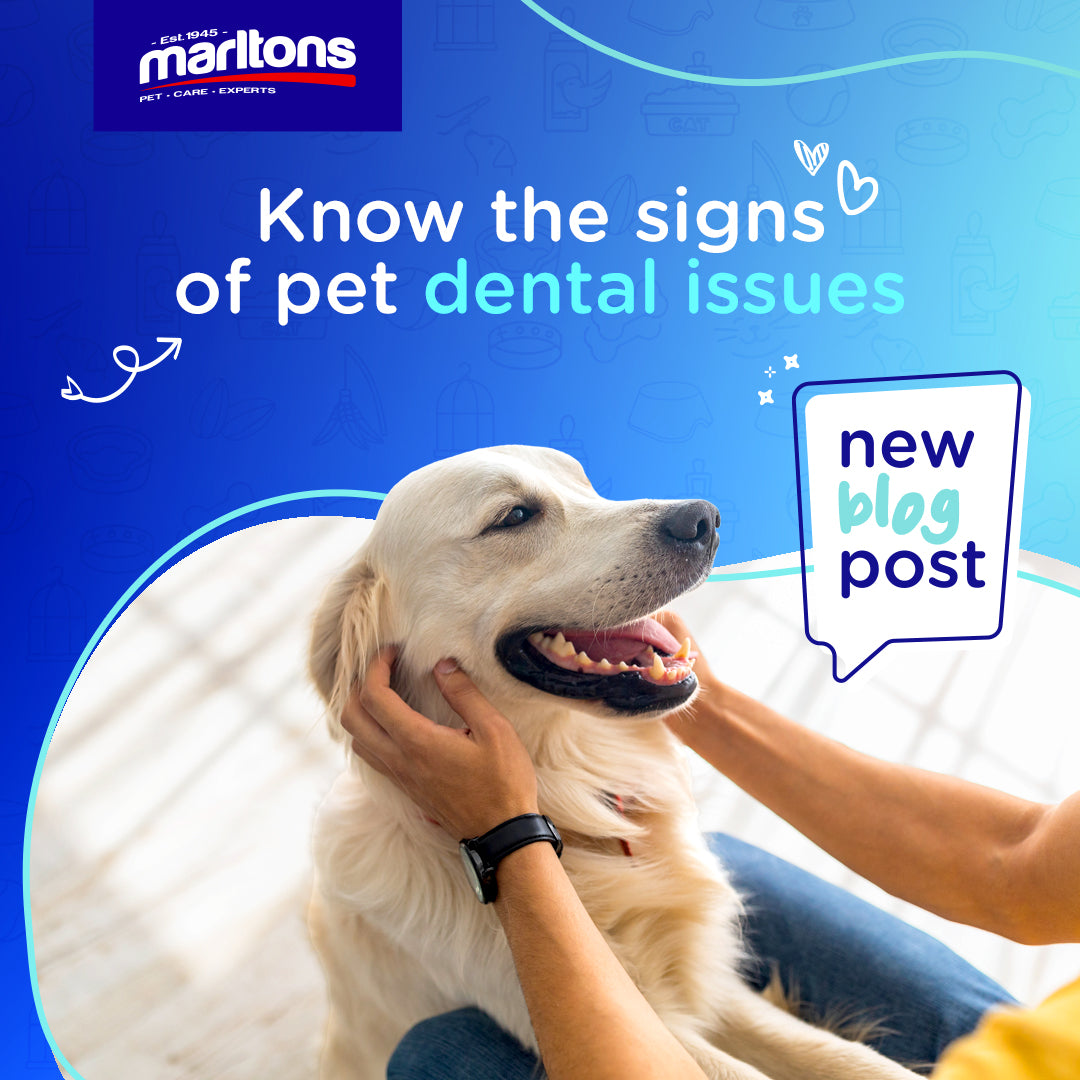Introduction:
While we often focus on other aspects of pet care, like diet and exercise, dental health is a vital yet sometimes overlooked component.
Let's delve into the secrets of your pet's dental health and uncover how you can ensure they have a smile that shines as bright as their personality.

Understanding Dental Problems:
- Broken or Loose Teeth: Trauma or chewing on hard objects can lead to broken or loose teeth, causing pain and discomfort.
- Inflamed or Bleeding Gums: Gingivitis, a precursor to periodontal disease, can cause redness, swelling, and bleeding of the gums.
- Tartar-Covered Teeth: Plaque buildup hardens into tartar, leading to dental issues if left untreated.
- Regression of the Gum Line: Gum recession exposes tooth roots, increasing the risk of infection and tooth loss.
Signs to Watch Out For:
- Difficulty Breathing or Nasal Congestion: Oral problems can lead to respiratory issues, affecting your pet's overall health.
- Excessive Drooling: Increased saliva production may indicate oral discomfort or pain.
- Reluctance to Eat: Oral pain can cause your pet to avoid food or have difficulty chewing.
- Pawing at the Mouth: Pets may paw at their mouths when experiencing pain or irritation, signalling a need for attention.
Prevention is Key:
- Establish a Regular Dental Care Routine: Make brushing your pet's teeth a daily habit from a young age, using pet-safe toothpaste and brushes.
- Provide Dental Treats and Toys: Offer your pet treats such as Marltons Breath & Dental Cat Treats and Dental Bones for Dogs. These products are designed to promote dental health, helping to remove plaque and tartar buildup.
- Schedule Regular Check-ups: Schedule veterinary check-ups to monitor your pet's oral health and address any issues promptly.
- Consider Professional Dental Cleaning: Professional cleaning by a veterinarian can remove tartar buildup and prevent dental disease.
By prioritising their dental care and staying vigilant for signs of trouble, you can ensure that they enjoy a lifetime of good oral health.
So, here's to happy smiles and wagging tails – may your pet's dental health journey be filled with joy and good health.







